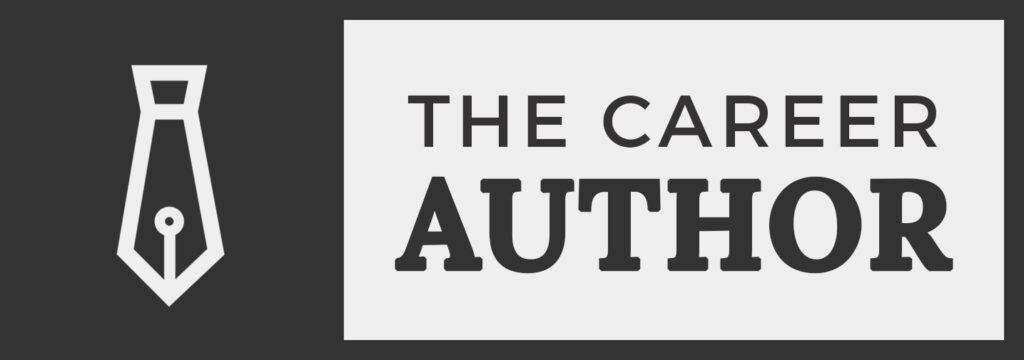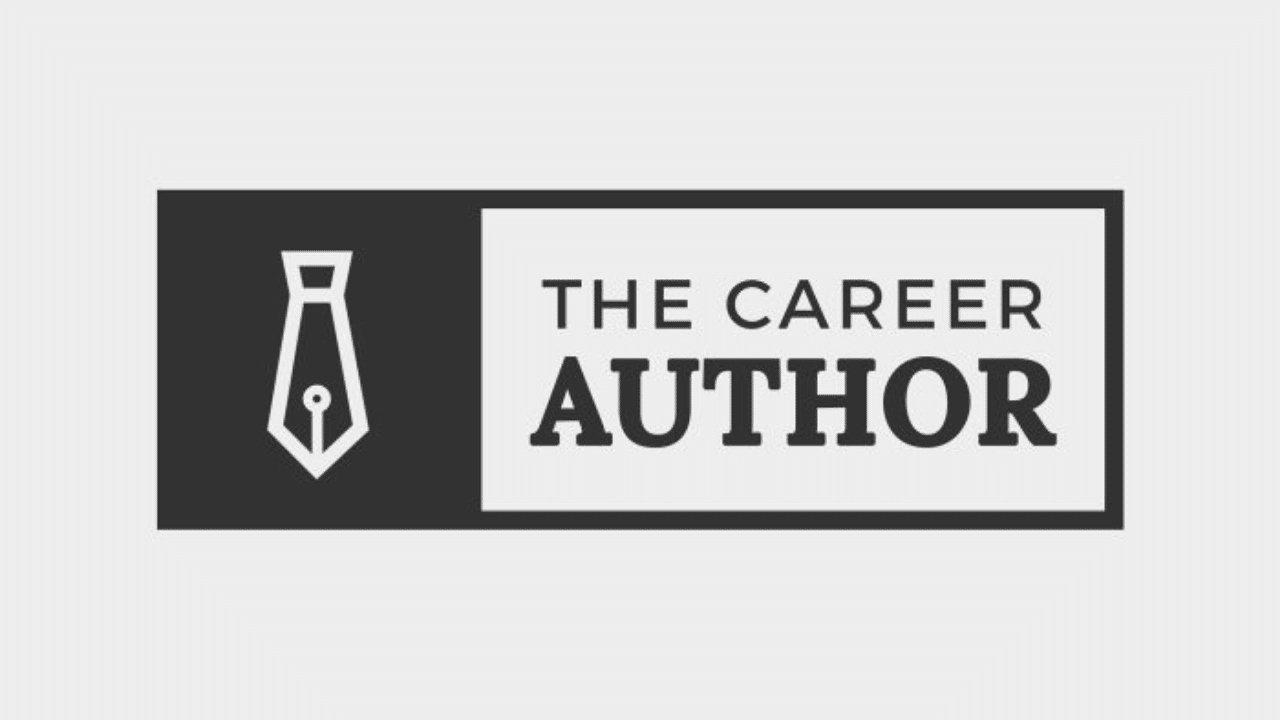Simply by accident, J. and Zach stumbled upon the two most important questions you need to ask when planning your series. You will discover some of the basics of how to plan a series and more:
- The launch of How to Self Publish, a brand new and 100% free ebook
- Why the number of dollars earned is not the most important metric of success for Zach and J., and why you shouldn’t automatically judge your success by the money you earn either
- Why patience and hard work are the most important aspects of building an author career
- How small chunks of active movement toward the life you want can pay off
- Some of the guys’ recent struggles in planning their flagship series
- How the mingling of a great low crisis and high concept make the most powerful stories
- The completely accidental discovery that completely changed Zach and J.’s approach to series planning
- How to plan a series of your own with these all-important questions
Plus, submit your own ways and hacks to The Career Author Podcast in the comments section below!
The Career Author Podcast is a podcast where co-authors J. Thorn and Zach Bohannon share their struggles and successes as full-time authors, advice for improving your writing craft, and honest discussions of what it takes to build a successful career as an author.
Thanks to all of our new Patrons: Tom Holbrook, Glori Medina (upped pledge)
Podcast sponsored by Kobo Writing Life – https://writinglife.kobobooks.com
Get exclusive bonus content by supporting The Career Author Podcast on Patreon at www.patreon.com/thecareerauthor
Want to work with us? Get the details at https://thecareerauthor.com/services/
Links:
“Backward Design” from educational reform (https://en.wikipedia.org/wiki/Backward_design)
2020 Events – https://thecareerauthor.com/events/
The June Giveaway is up now! – http://www.thecareerauthor.com
The Career Author – http://www.thecareerauthor.com
The Career Author YouTube Channel – https://www.youtube.com/channel/UCmIYVcr1UdWgSvYpb3Ol3xg
Story Levels – http://www.storylevels.com
Molten Universe Media – http://www.moltenuniversemedia.com
Events – https://thecareerauthor.com/events/


Comments
7 responses to “The Career Author Podcast: Episode 78 – Don’t start a series until you answer these 2 questions.”
Morning guys. You talk about defining success in episode 52 “Practical Steps to becoming a career author”.
Great hack Zach. Too many people today claim victim status yet do nothing about it. It’s as if some people enjoy being victims. Successful people get off their rears.
Not sure about “low crisis of high concept”, maybe it’s the words that don’t flow or maybe I don’t get it. Low and crisis seem to contradict each other. Tough choice high concept, maybe.
But I love “know the ending” because that’s the way I write. I wrote a 3 book military scifi, of 180,000 words and I didn’t start it until I knew the last scene of book 3. It makes the story much stronger because as you write you know where you are heading so your story is true to the ending. It means you can have stronger characters because you know who you can kill off and who will be around at the end. It means you can put in teasers and foreshadowing so that when the reader gets to the end they have an “aha” moment because everything makes sense.
Mystery and romance both have this because even the reader knows the ending before they start the book. The detective solves the crime and the girl gets the boy (sorry for those spoilers) So nothing crazy about knowing the ending.
I am currently writing books 4, 5 and 6 and I know the ending of book 6 which ties in with books 1, 2 and 3 as well because I have already planted seeds in those books.
Great show today guys.
Good point. I’m not sure how you could write a mystery without knowing the ending first 😉
…or… High concept tough choice? May not mean the same but easier to say.
J said something like, “If you’re writing a series where the characters are going on a long journey [internal or external], then you need to know where you’re headed.” (Paraphrased.)
I think that’s super important to note: _if you’re writing that kind of series_. If you’re writing a cozy mystery series, you don’t necessarily need a big ending to your series. That’s a different kind of series. But if you’re writing a long narrative, absolutely agree–most writers will function much better if they have a sense of their ending. But there are different types of series, and you need to know what kind you’re writing. My last few series have been more episodic–they’re romances, so each book is a new couple, each book has a similar external plot thrust, and my co-writer and I have structured those books/series so that if we wanted, we could essentially write that series forever without end. There is no big journey, though there are plot threads that we can pick up in future books for resolution and cohesion, but the thing that ties each book together is more of a connection with other characters and a flavor and a rhythm of the story rather than a meta-arc. And that was done on purpose.
But I also think it’s extremely difficult for newer writers who don’t have a series or two under their belt to really have a grasp of what makes a good series ending. Just trying to do that on your very first series might overwhelm folks to the point where they just don’t write. It wasn’t until I had two series under my belt that I easily put together a series plan and stuck to it fairly well.
My first series (discovery written, hidden under a pen name that will not be named), I had no flipping clue where I was going, and so each book ended up feeling like a completely different sub genre. That’s great if you’re Lois McMaster Bujold writing the Vorkosigan Saga and you’re doing it intentionally. Flailing around and doing it accidentally is not so very good. Sales sharply declined with each book, and a large part of that was me not knowing what the hell I was doing and where the hell I was going.
Totally agree. I was working under the assumption that the series was serialized in a linear fashion. For example, there is no arc for James Bond.
My recommendation for newer writers is to take the same approach for a long series as a single novel. That’s exactly what Zach and I did for our 9-book series. A few bullet points per book that takes the character on that journey. Then, you’re plotting the arc for a series exactly as you would for a novel. Only the scale is different.
You could even simplify further and use the 12 stages of the Hero’s Journey (for a 12-book series) or the 13 stages of the Virgin’s Promise (for a 13-book series). One stage per book 😉
First off, I skip to The Career Author when it shows up in my podcast feed to listen right away every time. However, this time after I read the title, I paused. Really J? Click baity much?
I think knowing that last scene is imperative, isn’t it? You have to be able to come back to it so you know the answer of question 1. The last scene should be that pay off right? Either the good guy wins or the good guy loses but if you aren’t driving to that from the start how are you even driving?
What other High Concept tough choices are there? Is it just a moral question? or central theme question? Both the examples you gave were along those lines right? Star wars has the do I turn to the dark side cause it is easier. GOT has do I work together to defeat a common evil or try to survive alone. Wouldn’t that just be a primary theme question? I think K.M. Weiland has a bunch of podcasts on this. I am still new enough that I don’t grok it completely but I hear that is what the seasoned authors do. Have a central theme throughout their series.
LOL!
“High concept” is a bit vague. Here are some articles to check out. Once you’ve got high concept figured out, you can then work on bringing it “down” (hence, “low crisis”) to the everyperson in your story world.
https://nelsonagency.com/2017/11/what-is-a-high-concept-and-do-you-need-one-by-danielle-burby/
https://www.writersdigest.com/online-editor/writing-fiction-online-editor/what-is-and-isnt-high-concept-fiction-and-how-do-you-pitch-it
https://www.writersstore.com/high-concept-defined-once-and-for-all/